
Blog
Pope Francis’s Passing: Call for Peace in Myanmar and Action on Climate Change
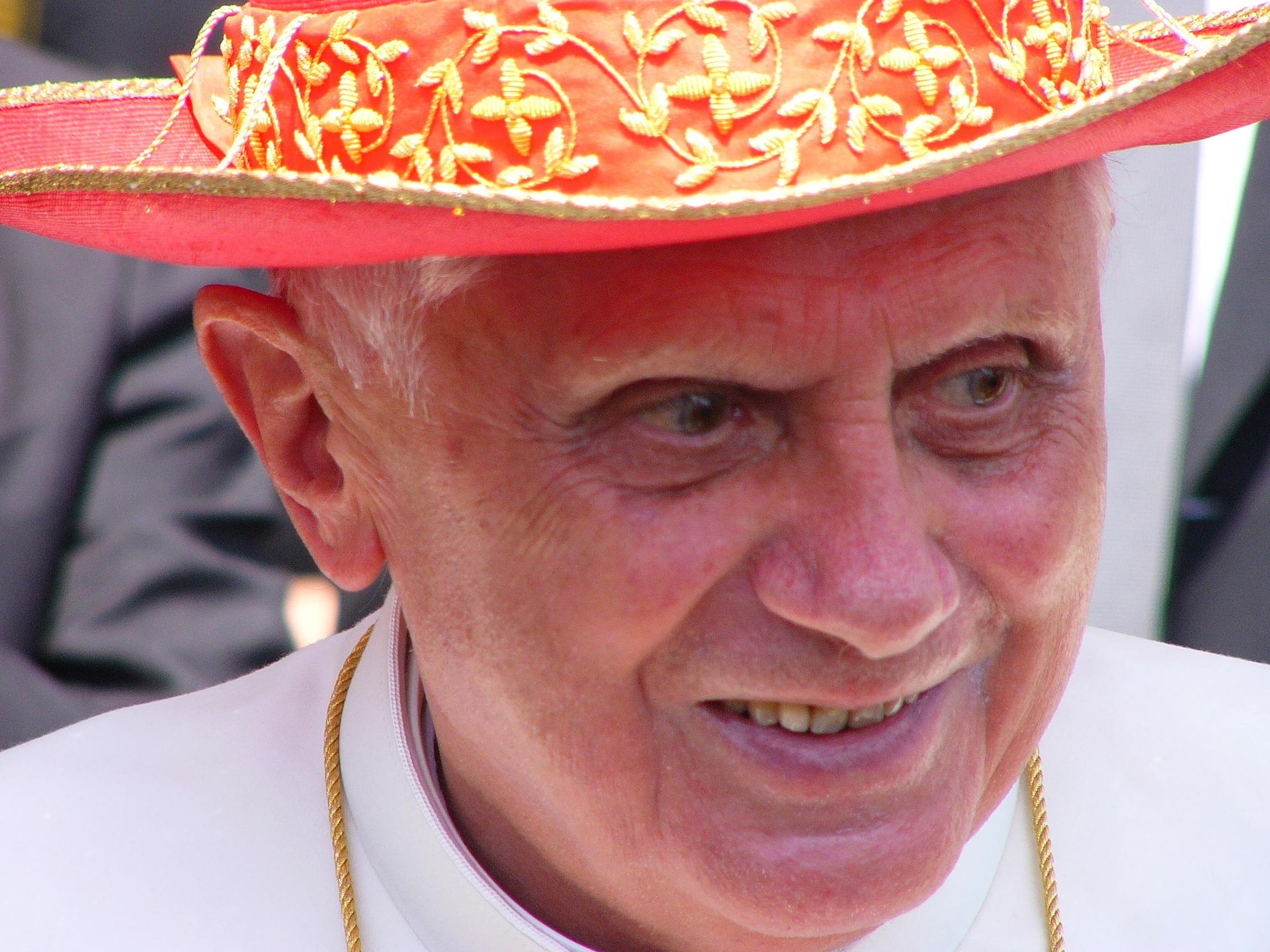
On April 21, the Vatican announced the passing of Pope Francis, the leader of the Roman Catholic Church, at the age of 88. His death marks the end of a transformative papacy that emphasized social justice, environmental responsibility, and global peace. Pope Francis was widely admired not only by Catholics but also by people of all faiths and backgrounds for his humility, compassion, and tireless advocacy for the poor and the marginalized.
A Pope for the People
Pope Francis, born Jorge Mario Bergoglio in Argentina, was the first Jesuit and first Latin American pope. Elected in 2013, he won global admiration for his humility, opting for simplicity and a church that welcomes rather than judges.
He reshaped the modern papacy—bridging divides, fighting inequality, and defending the planet. A tireless peace advocate, he visited war zones, met global leaders, and called for an end to violence. On climate change, he made waves with Laudato Si’, framing it as a moral and spiritual emergency.
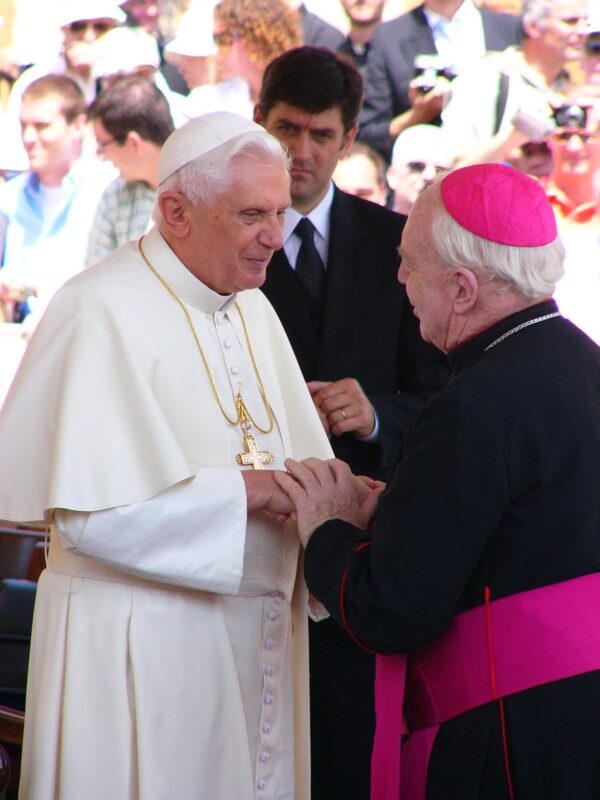
Pope Francis Calls for Peace and Solidarity with Myanmar
In recent months, Pope Francis expressed deep concern for the people of Myanmar following a devastating magnitude 7.7 earthquake near Mandalay, which claimed at least 144 lives and injured over 700. He offered prayers for the victims and called for global solidarity and support. The Pope has long shown compassion for Myanmar, previously speaking out against the persecution of the Rohingya and urging peace amid ongoing armed conflict. In his 2024 Christmas message, he called for an end to violence in Myanmar and other war-torn regions. Most recently, in February 2025, he emphasized that the use of force by military and police must be limited to self-defense and always respect international law, again calling for peaceful solutions in Myanmar. His consistent advocacy underscores a deep commitment to human dignity and global justice.
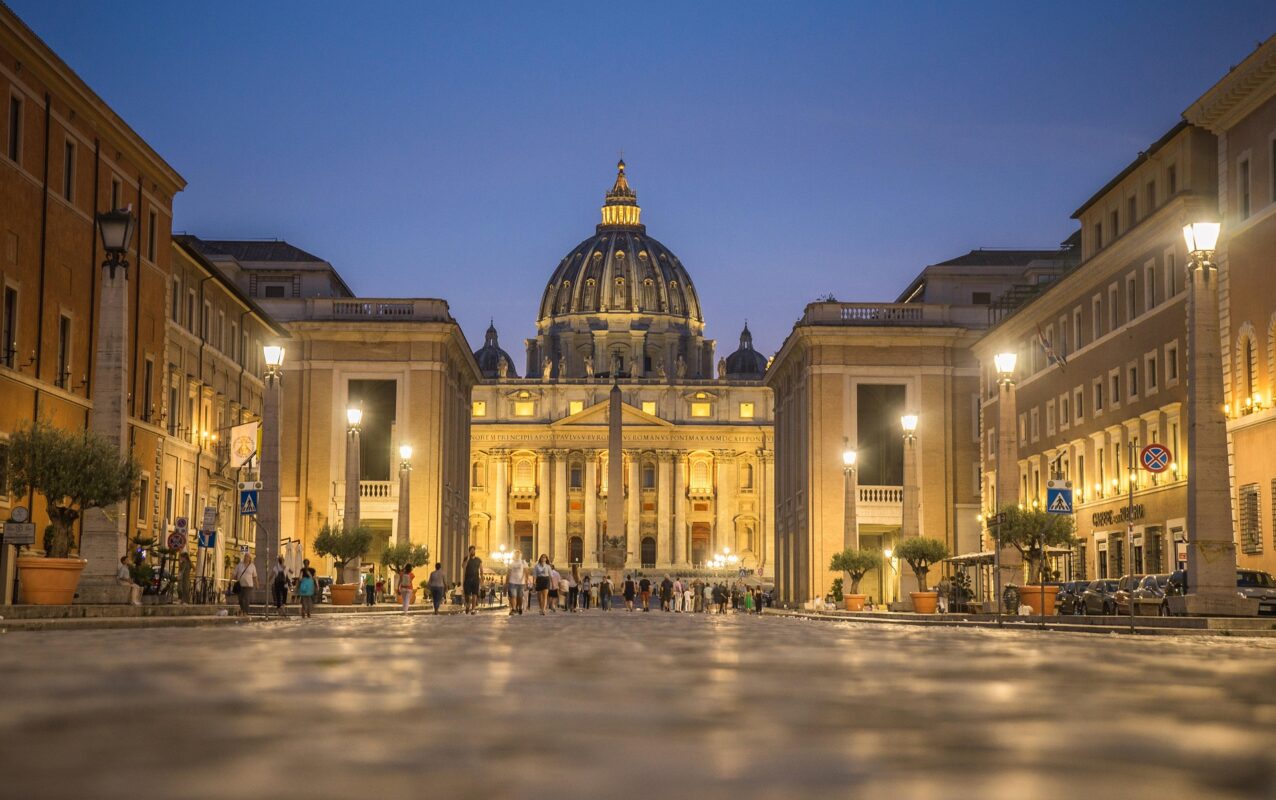
Final Public Message: A Call for Peace
Despite recent health challenges, Pope Francis continued his efforts to spread hope and healing. In February, he was hospitalized for over a month due to pneumonia, and although he remained in recovery, he resumed limited public duties afterward.
Just recently, he also issued Easter messages urging peace in Gaza and Ukraine.
He condemned the humanitarian crisis in Gaza and called for a ceasefire and the release of hostages.
In addition, he prayed for lasting peace in Ukraine, encouraging all parties to pursue justice and reconciliation. He constantly reminded the world: peace, not power, should guide our future.
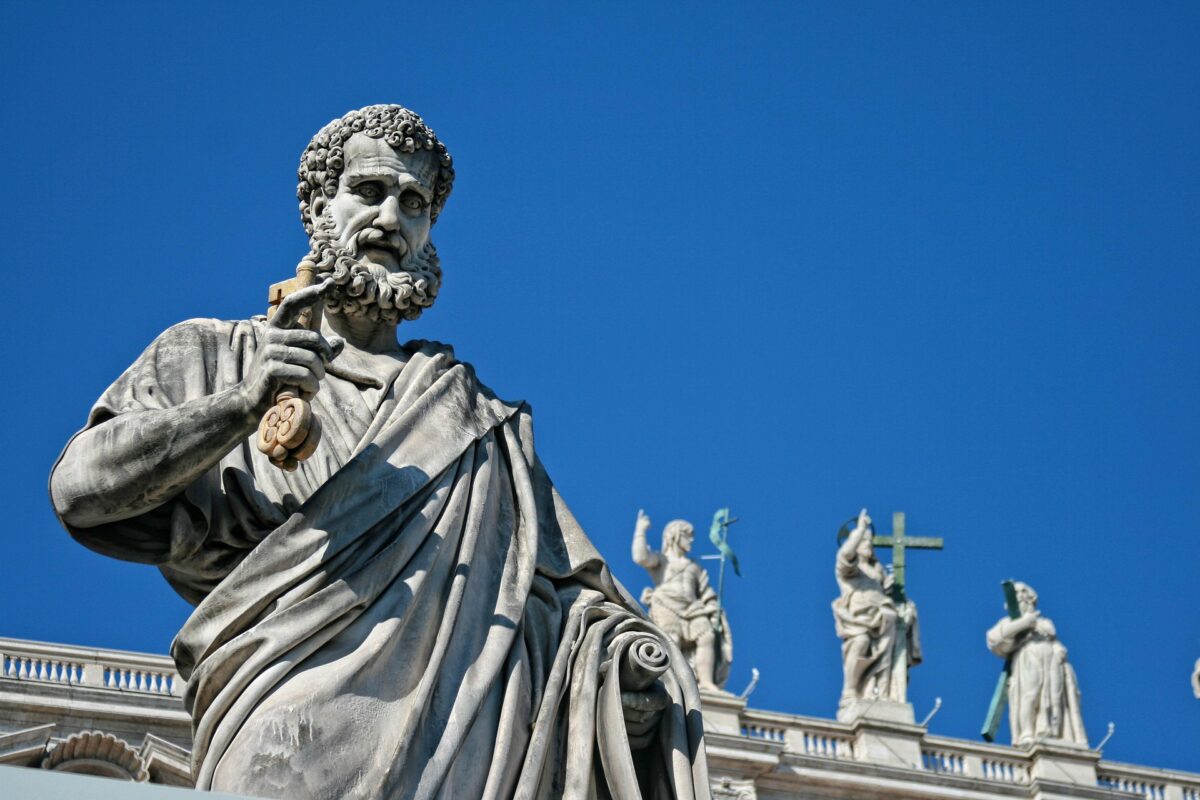
A Message of Unity and Hope
One of Pope Francis’s most impactful moments came during his historic visit to Japan, where he paid tribute to the victims of the atomic bombings in Hiroshima and Nagasaki. He passionately advocated for the abolition of nuclear weapons, reminding the world of the irreversible damage they cause and urging leaders to work toward disarmament and peace.
Pope Francis consistently used his platform to highlight the importance of compassion, unity, and justice. His leadership style was grounded in listening and dialogue, encouraging not only religious but also political and civic leaders to collaborate in solving the world’s most urgent problems.
Climate Concerns
Pope Francis has consistently framed climate change not only as an environmental crisis but as a profound moral and spiritual issue. In his 2015 encyclical Laudato Si’, he emphasized that the poor suffer most from environmental destruction and that caring for the Earth is a responsibility rooted in our duty to protect God’s creation. He argued that climate change is deeply connected to broader issues like inequality, consumerism, and indifference, and he called on both individuals and world leaders to take urgent, ethical action. For Francis, protecting the planet is not separate from faith—it is an essential expression of it, a way to live out compassion, justice, and care for future generations.
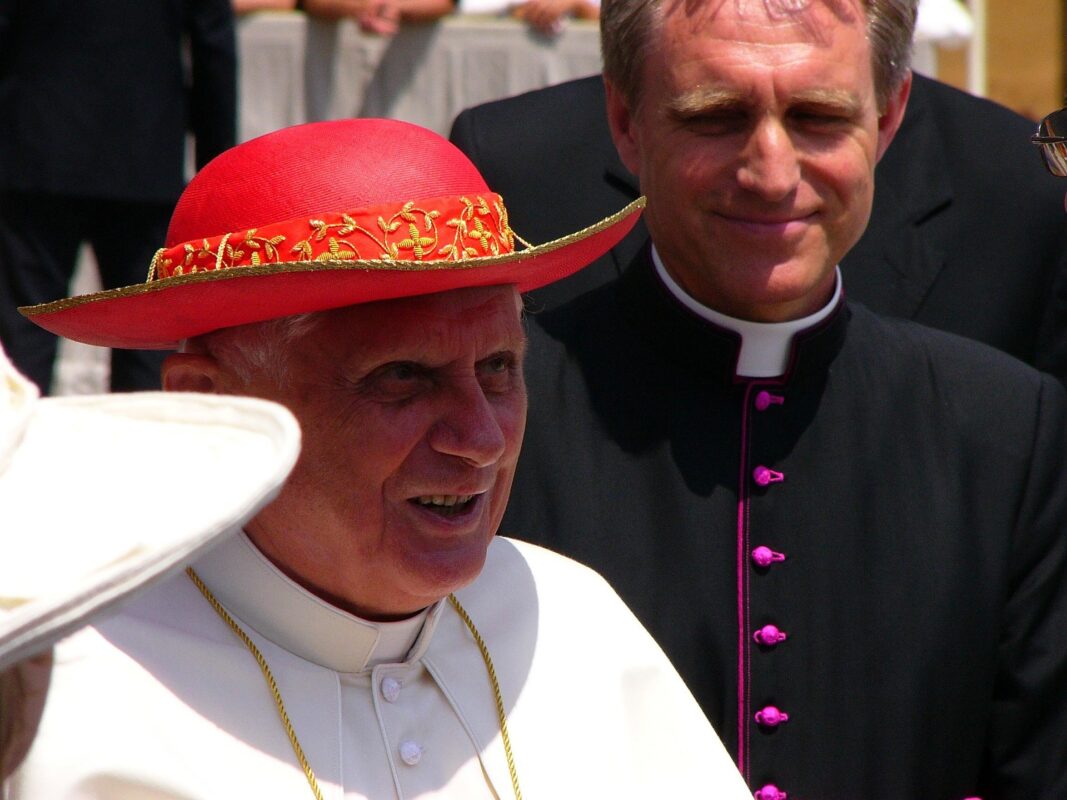
A Lasting Legacy
In recent years, Europe has become a global leader in tackling climate change, and a key player in the carbon credit market. Inspired by Pope Francis’s call for moral responsibility in protecting the planet, European countries have stepped up their efforts, using market-based solutions like carbon credits to reduce emissions and foster a sustainable future. But why should this matter to you? As businesses and governments continue to invest in carbon reduction projects, the carbon credit system is not just reshaping economies but also creating exciting opportunities for individuals and companies to make a real environmental impact. Could investing in carbon credits be your chance to contribute to the fight against climate change while unlocking new financial opportunities? Let’s dive in and explore how this system is transforming the way we approach sustainability. And remember—let’s take action! We cannot afford to waste Pope Francis’s call to protect our planet. The time to act is now.

